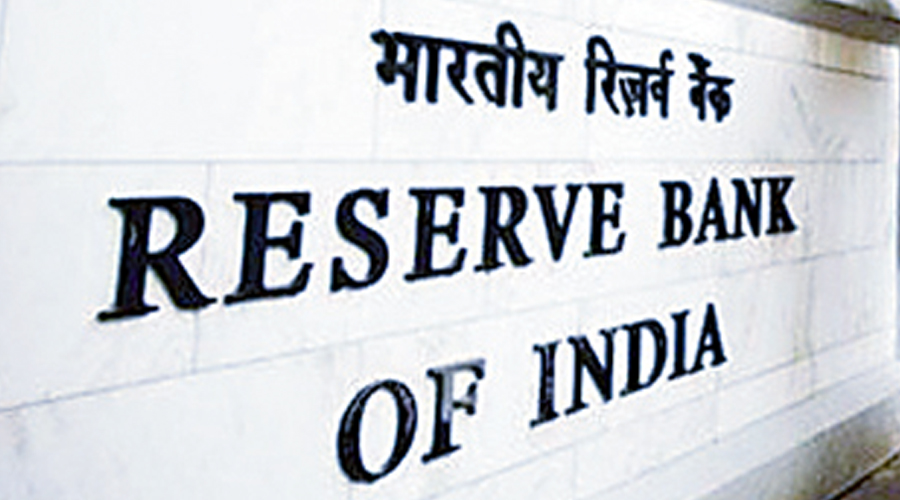The Reserve Bank of India (RBI) has issued a revised borrowing calendar of the government for the rest of this fiscal, following an announcement by finance minister Nirmala Sitharaman to borrow another Rs 80,000 crore in the next two months in the budget.
The government raises money from the market to fund its fiscal deficit through dated securities and treasury bills. The fresh issuances will see the gross market borrowing rising to Rs 12.80 lakh crore. The initial estimate was Rs 7.8 lakh crore which was subsequently raised to Rs 12 lakh crore.
After the announcement in the budget, the yields on government securities which are inversely related to their prices have risen as the bond markets reacted negatively to the supply of more paper.
The yields on Tuesday on the benchmark 10 year paper ended at 6.12 per cent — a gain of over six basis points.
In all, the Centre will raise Rs 2,16,000 crore in the two months of February and March.
The programme will kick off with bonds worth Rs 31,000 crore to be sold this week. While five, 11 and 14-year tenures dominate the list, the government will be also raising money through 30- and 40-year paper.
For the next fiscal, the gross market borrowing is set at Rs 12 lakh crore which is also higher than market expectation. This comes as the government is looking to boost growth leading to higher expenditure. Fiscal deficit for this year has been set at 9.5 per cent of GDP and for the next fiscal, it is expected to come at 6.8 per cent.










